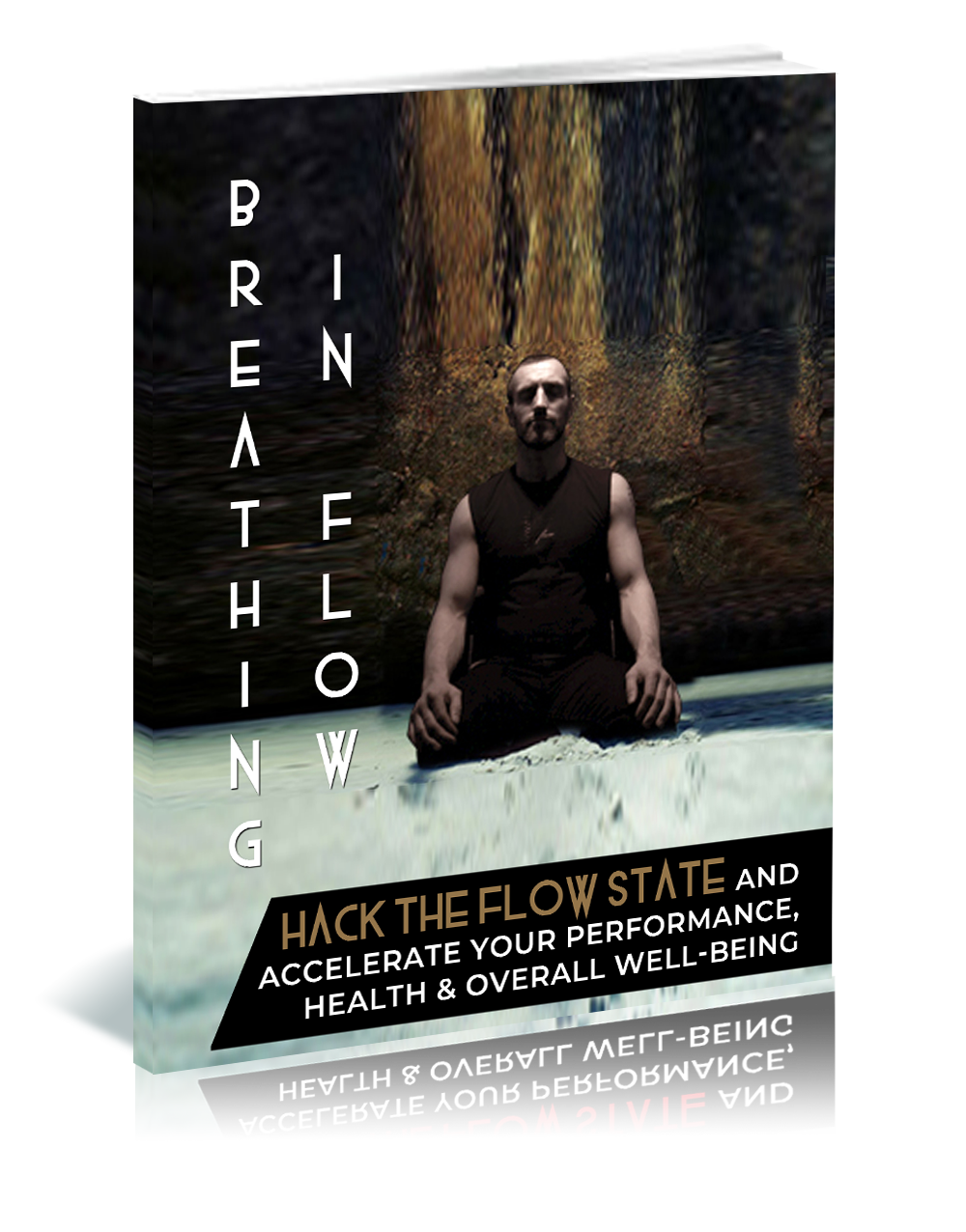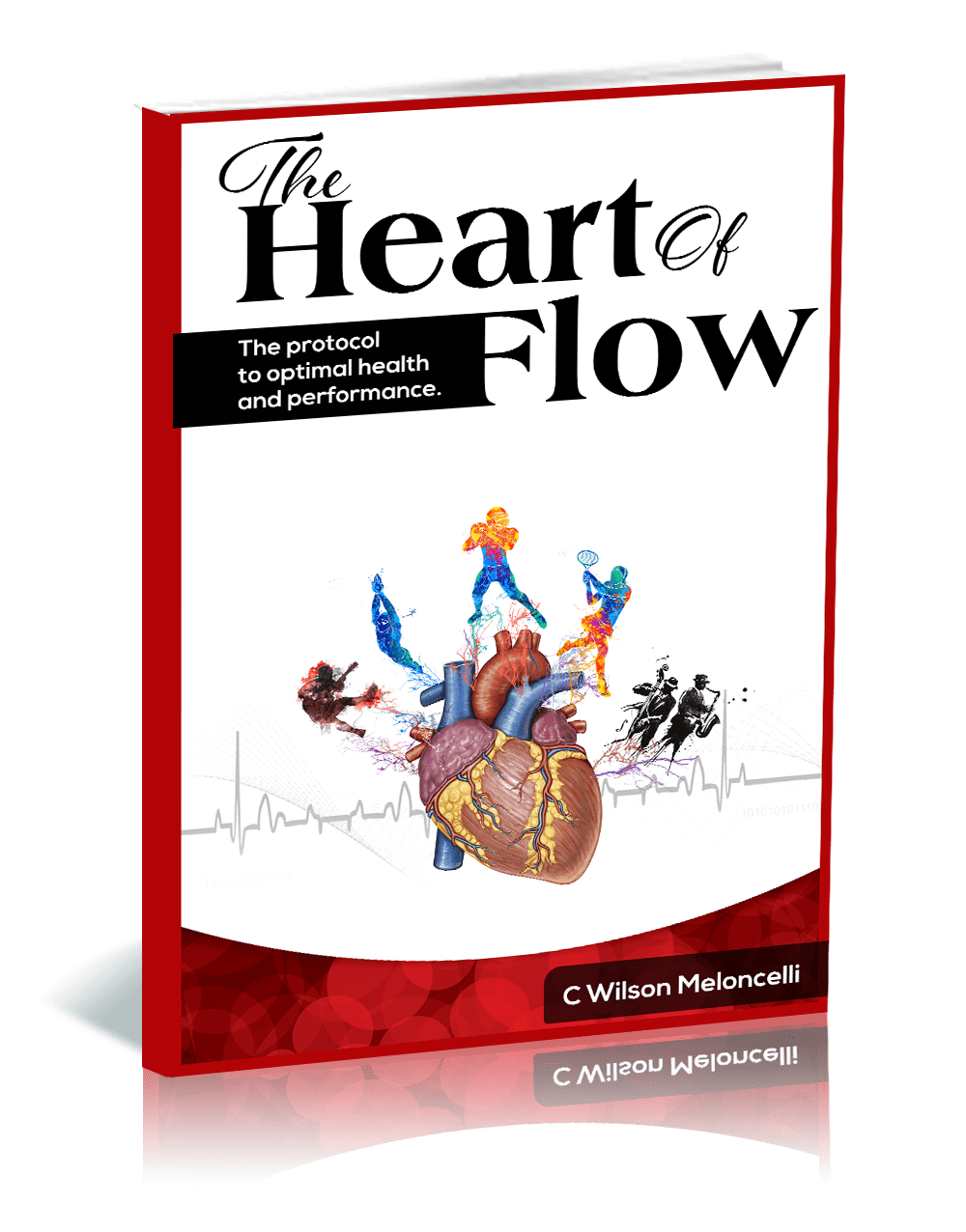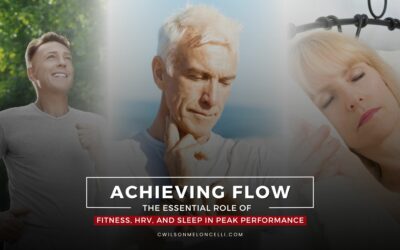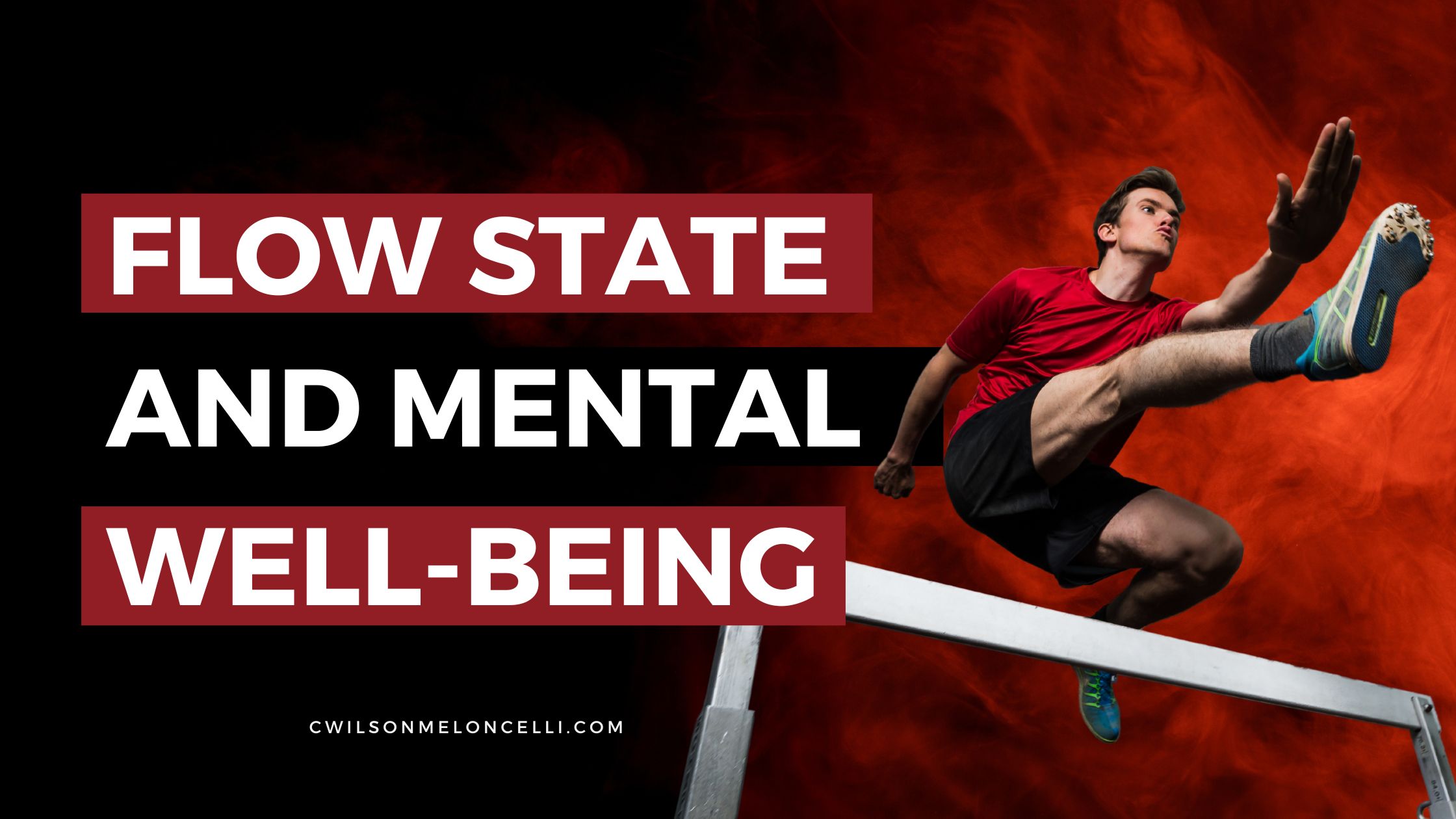
The Flow State, often referred to as being "in the zone," is a psychological state characterized by complete immersion, focus, and enjoyment in an activity. While the benefits of Flow State on performance and creativity are well-documented, there is also a growing body of research exploring the connection between Flow State and mental well-being. This article delves into this connection, shedding light on how Flow State can contribute to mental health and overall well-being.
Understanding Flow State
Flow State is a term coined by psychologist Mihaly Csikszentmihalyi in 1975. He describes Flow as a state where "people are so involved in an activity that nothing else seems to matter; the experience itself is so enjoyable that people will do it even at great cost, for the sheer sake of doing it."
Flow State and Mental Well-being
- Enhanced Well-being: Being in Flow can lead to a state of well-being. A study by Asakawa found that individuals who experienced Flow regularly reported higher levels of subjective well-being. The intense focus and engagement during Flow can lead to a sense of fulfillment and satisfaction.
- Increased Happiness: Flow experiences can contribute to happiness. Csikszentmihalyi's research indicates that people who experience Flow regularly are happier than those who do not. The enjoyment derived from being fully engaged in an activity can lead to positive emotions and increased happiness.
- Reduced Stress: Flow can also reduce stress. A study by Engeser and Rheinberg found that individuals who experienced Flow in their daily activities reported lower levels of stress. The concentration and absorption in the task at hand can divert attention from stressors, leading to relaxation and stress reduction.
- Improved Self-esteem: Flow can enhance self-esteem. A study by Ullén et al. found that musicians who experienced Flow had higher levels of self-esteem. The mastery and achievement associated with Flow can boost confidence and self-esteem.
- Therapeutic Applications: Flow has also been explored in therapeutic contexts. A study by Nakamura and Csikszentmihalyi found that engaging patients in activities that induce Flow can aid in the treatment of depression and anxiety. The positive emotions and sense of accomplishment associated with Flow can have therapeutic benefits.
Achieving Flow for Mental Well-being
Achieving Flow requires a balance between the challenge of the task and the individual's skill level. If the task is too easy, it can lead to boredom; if it's too hard, it can lead to anxiety. But when the challenge matches the individual's skills, it can lead to Flow.
Mindfulness and relaxation techniques can also help individuals achieve Flow. By training their minds to stay present and focused, individuals can tune out distractions and enter a state of Flow more easily.
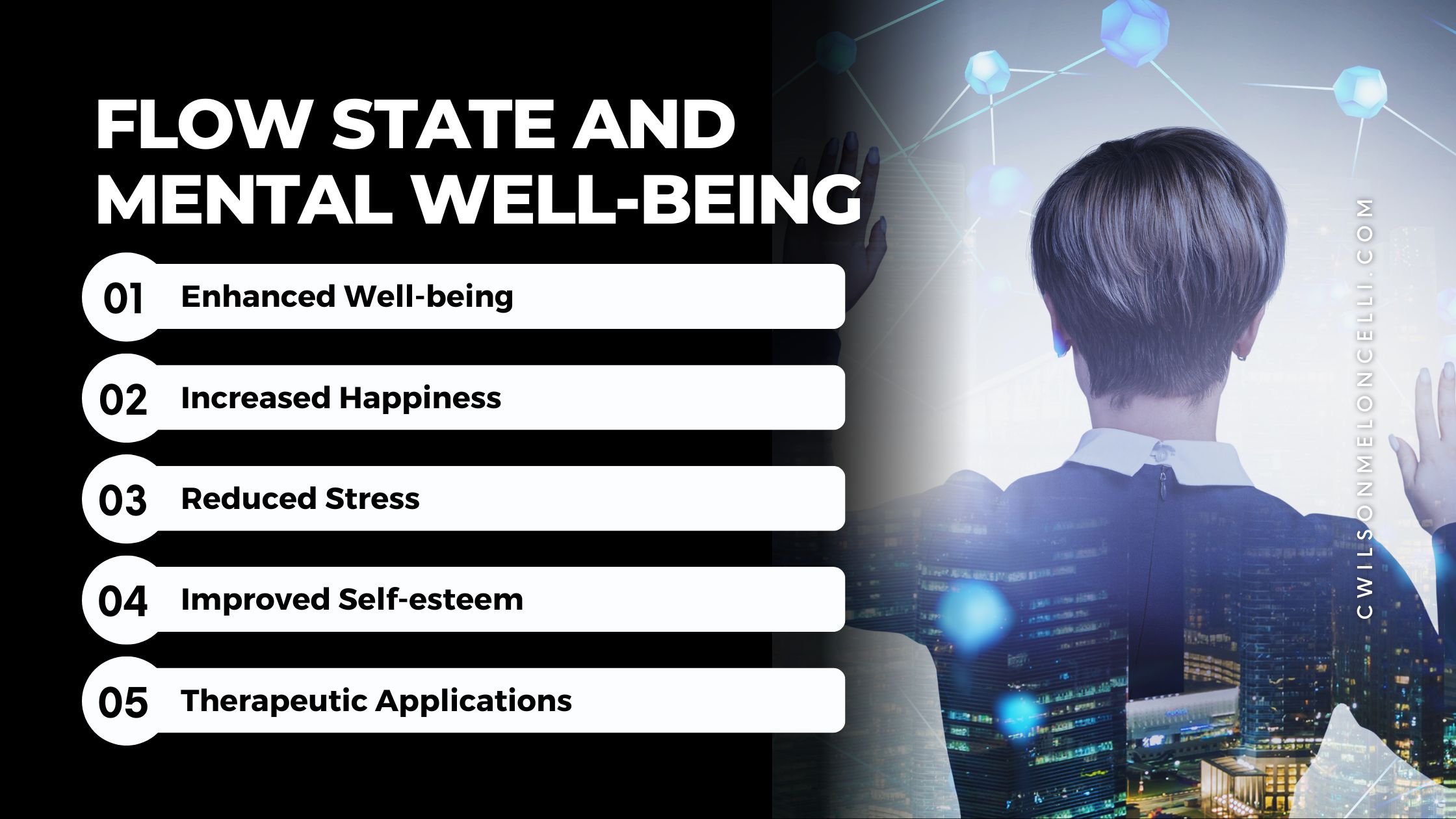
Conclusion
The connection between Flow State and mental well-being offers a promising avenue for enhancing psychological health. By understanding and harnessing this state, individuals can enhance their well-being, reduce stress, and improve their overall quality of life. Dive deeper into the transformative power of Flow with our program, "4 Cycles of Flow." Harness the potential of Flow State to not only enhance your performance but also elevate your mental well-being. Discover the techniques, practices, and insights that can lead you to frequent Flow experiences, contributing to a happier, more fulfilled life. Embark on the "4 Cycles of Flow" journey today and unlock the secrets to optimal mental well-being.
References
- Csikszentmihalyi, M. (1990). Flow: The psychology of optimal experience. Harper & Row.
- Asakawa, K. (2010). Flow experience, culture, and well-being: How do autotelic Japanese college students feel, behave, and think in their daily lives? Journal of Happiness Studies, 11(3), 205-223.
- Engeser, S., & Rheinberg, F. (2008). Flow, performance and moderators of challenge-skill balance. Motivation and Emotion, 32(3), 158-172.
- Ullén, F., de Manzano, Ö., Almeida, R., Magnusson, P. K., Pedersen, N. L., Nakamura, J., Csikszentmihalyi, M., & Madison, G. (2012). Proneness for psychological flow in everyday life: Associations with personality and intelligence. Personality and Individual Differences, 52(2), 167-172.
- Nakamura, J., & Csikszentmihalyi, M. (2009). Flow theory and research. In C. R. Snyder & S. J. Lopez (Eds.), Oxford handbook of positive psychology (pp. 195-206). Oxford University Press.


